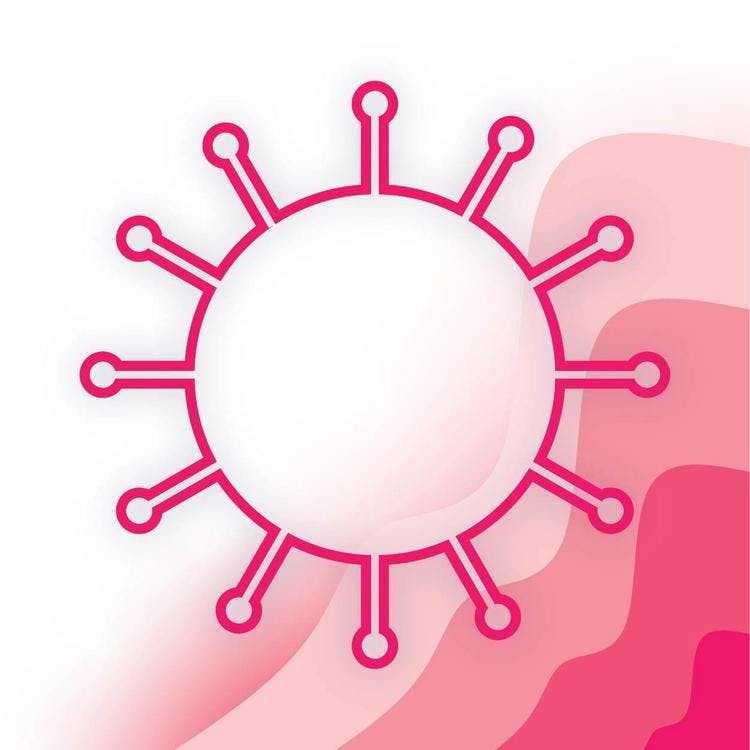What is Cervical Cancer?
Cervical cancer is a cancer that occurs in the cells of the cervix, which is the lower end of the uterus (womb) connecting to the vagina.
70% of cervical cancers are associated with persistent infection of certain types of the Human Papilloma Virus (HPV). This virus has over 100 of different types and types 16 and 18 are associated with the highest risk of cervical cancer development in South Africa.
Other forms of HPV are the common cause of genital warts.
HPV can also cause vaginal and anal cancer.
Risk Factors
The following increase your risk of developing cervical cancer:
- Previous Human Papillomavirus (HPV) infection is one of the main reasons people get Cervical Cancer
- Multiple sexual partners
- Weakened immune system
- Tobacco use
- Sexually transmitted infections (STIs) (chlamydia, HSV)
- Long interval since last PAP smear
How do you get infected with HPV?
HPV is primarily transmitted via vaginal, anal, or oral sexual contact, but it can also be passed on through the exchange of bodily fluids, such as saliva, or skin-to-skin contact.
Many people carry the virus without ever even realising they have it, and simply having the virus doesn't necessarily put you at risk of developing cancer - it also depends on how healthy the person is and how high risk the virus strain is.
How can HPV be detected?
There's currently no blood test for HPV, but lab testing can be done on a sample of cells to determine whether you're carrying a high-risk strain of the virus.
For women over 25, attending regular cervical screening (or smear) tests is the best way to detect abnormal cervical cells which may indicate the presence of high-risk HPV. This test is called a PAP smear.
A PAP smear is a screening test for the early detection of cervical cancer. Abnormal cancer cells are detected using a sample of a swab from the cervix.
The South African Health Department offers 3 free PAP smears from the age of 30, every 10 years to HIV negative women. PAP smears are done every 3 years for HIV positive women.
Prevention
The HPV vaccine is currently the only reliable way of preventing HPV altogether. Currently, the government is offering HPV vaccines to girls attending public schools. Condom use is a good preventative measure but even total sexual abstinence is no guarantee, given the virus can be transmitted through skin contact or saliva.
Treatment
The treatment of cervical cancer is influenced by the stage of the cancer. This can vary from isolated incision of the cancer to removal of the uterus and surrounding structures in severe cases.
The treatment of cervical cancer is influenced by the stage of the cancer. This can vary from isolated incision of the cancer to removal of the uterus and surrounding structures in severe cases.



